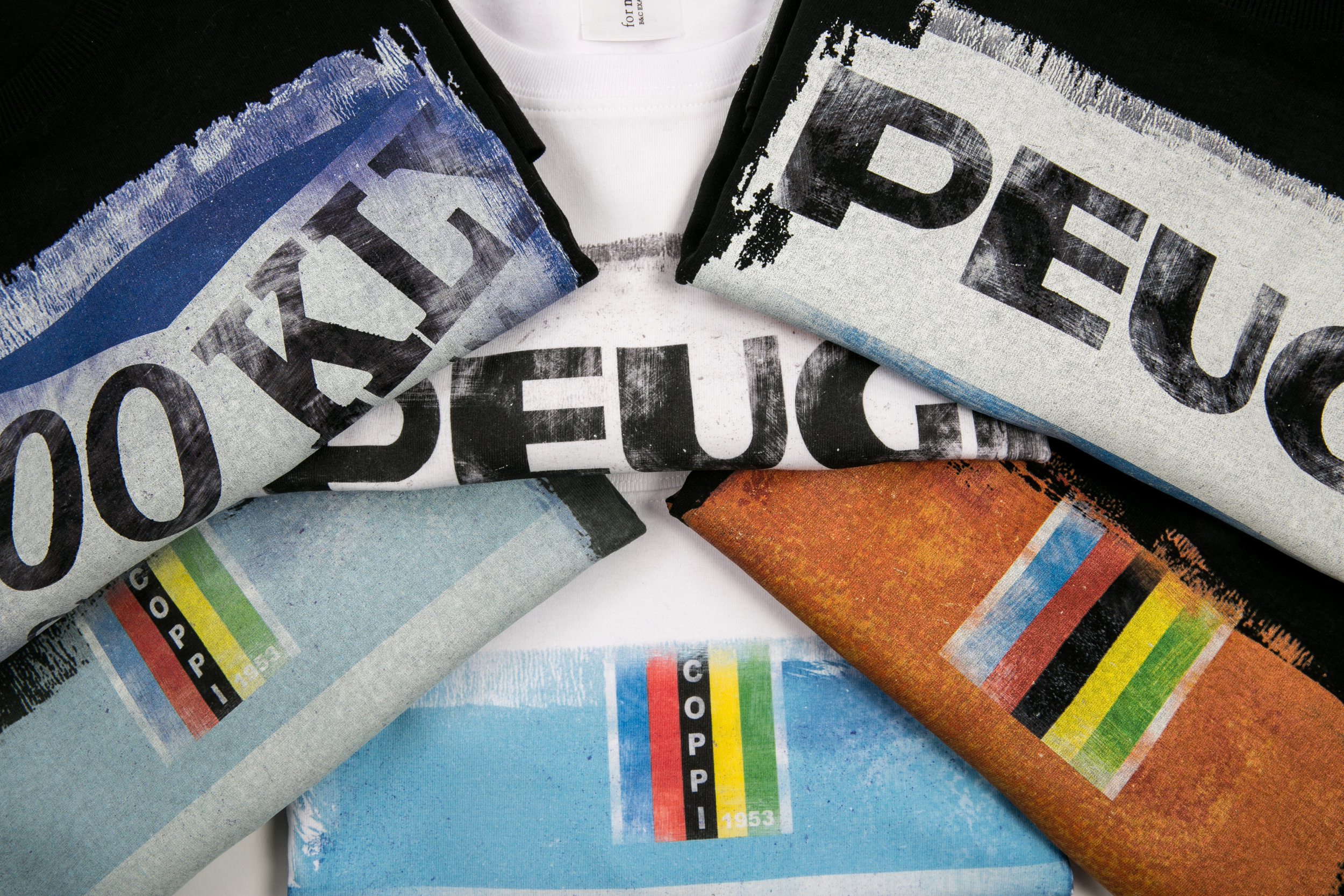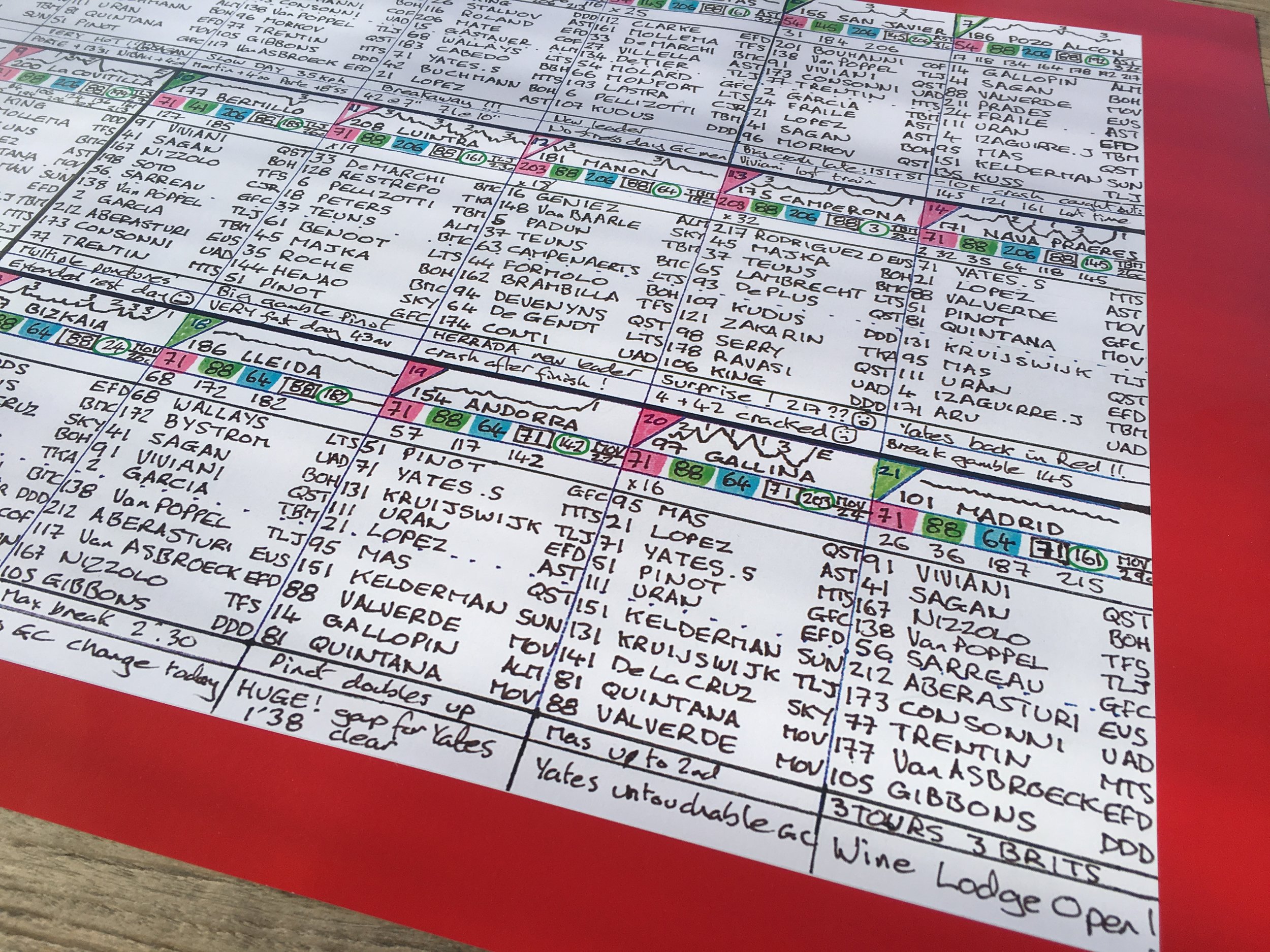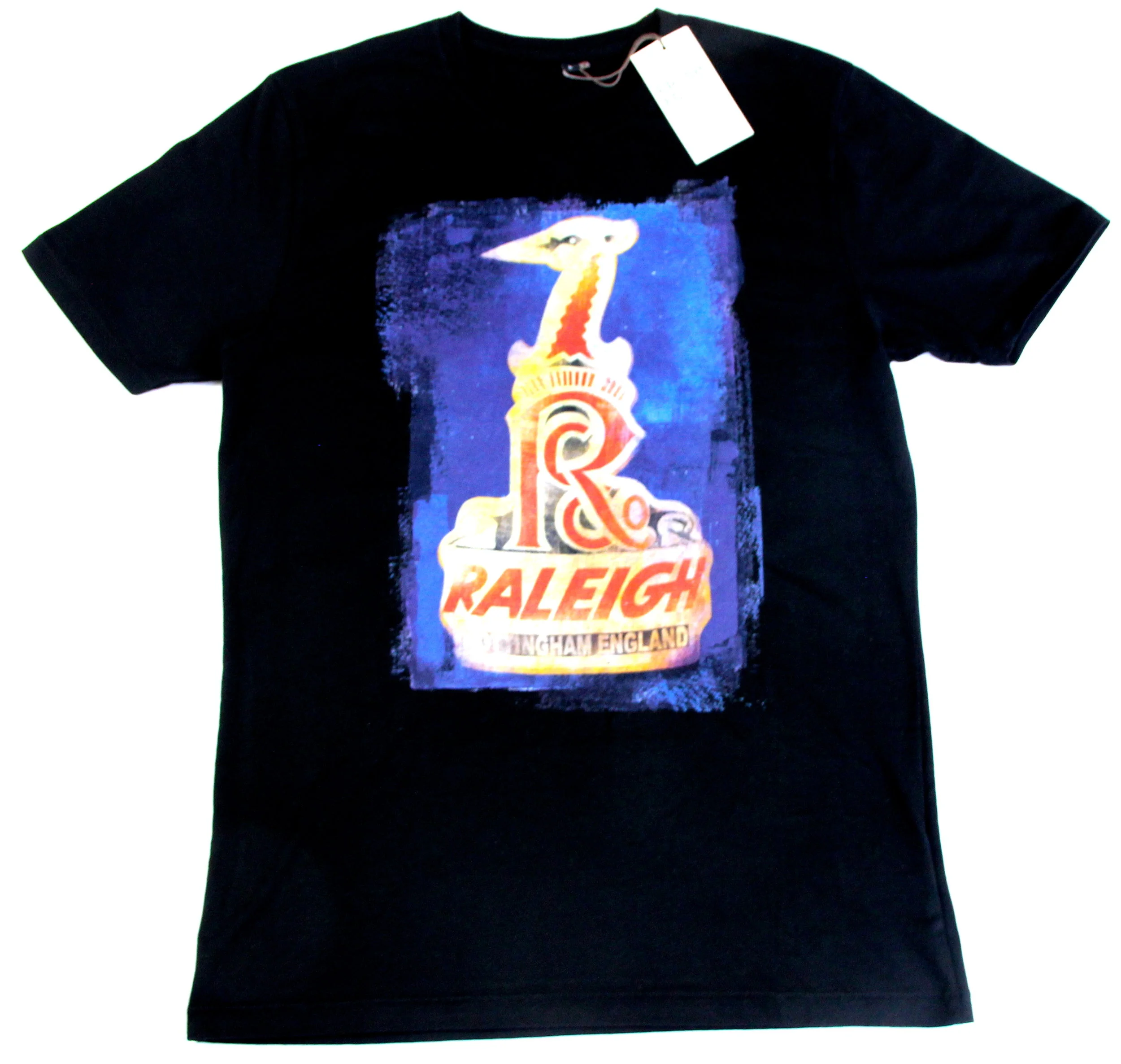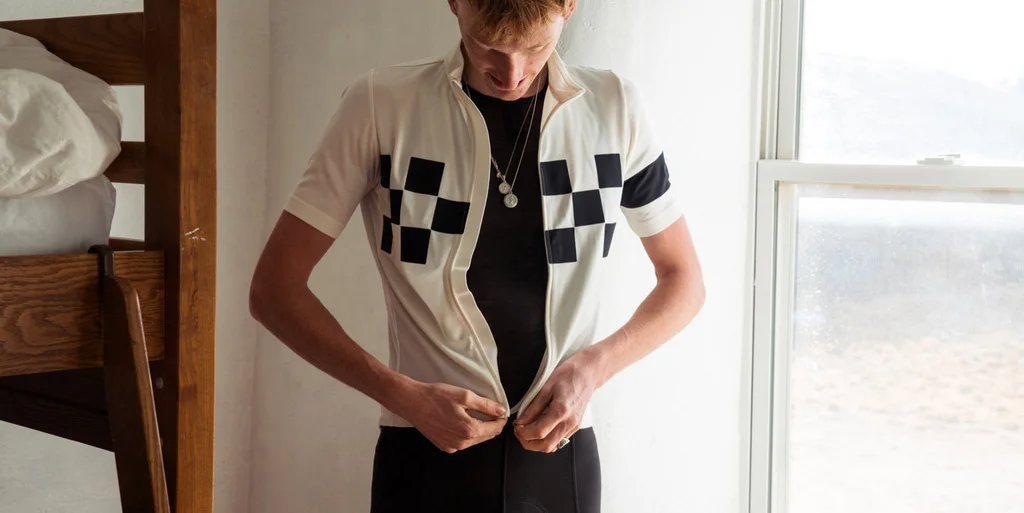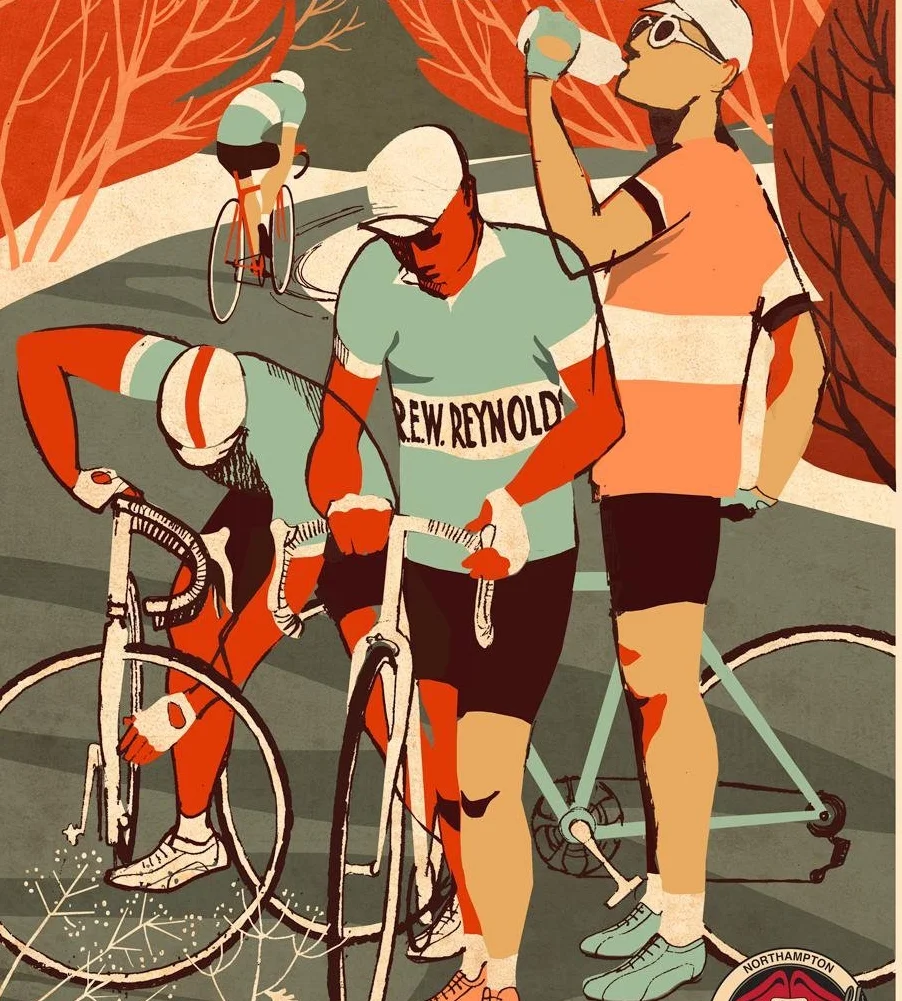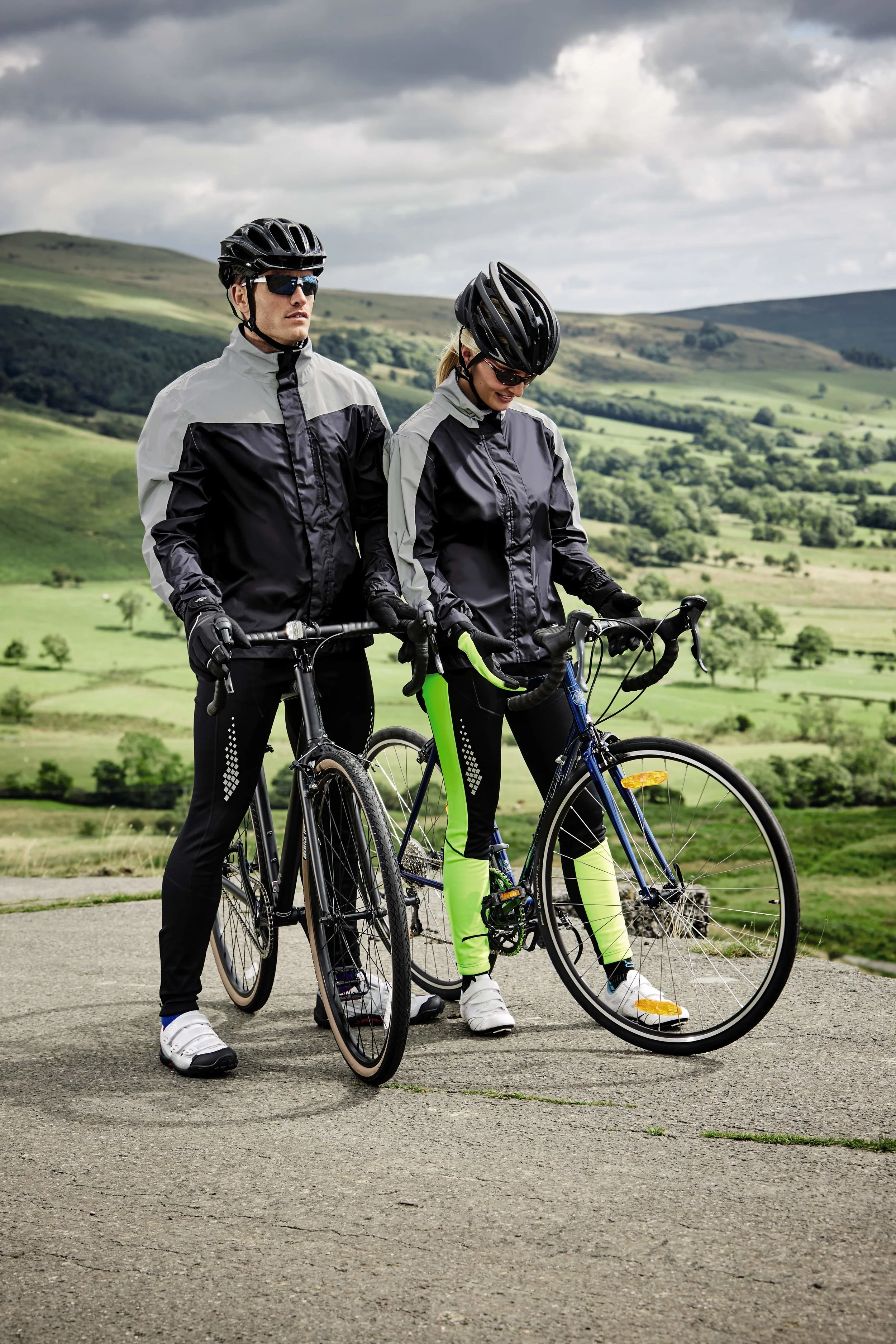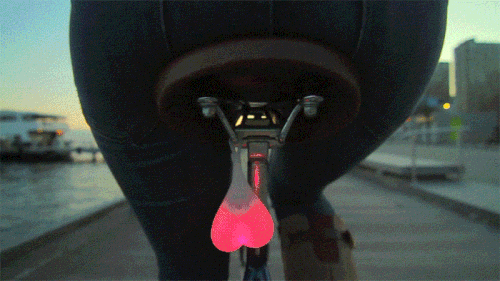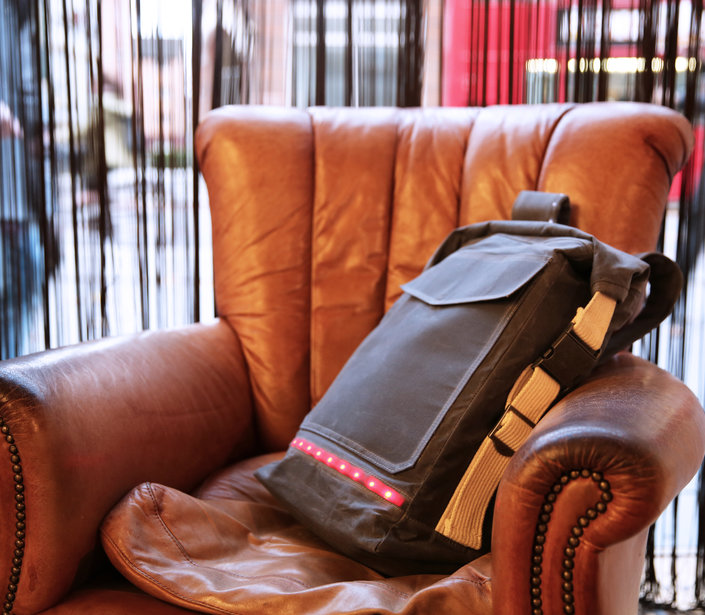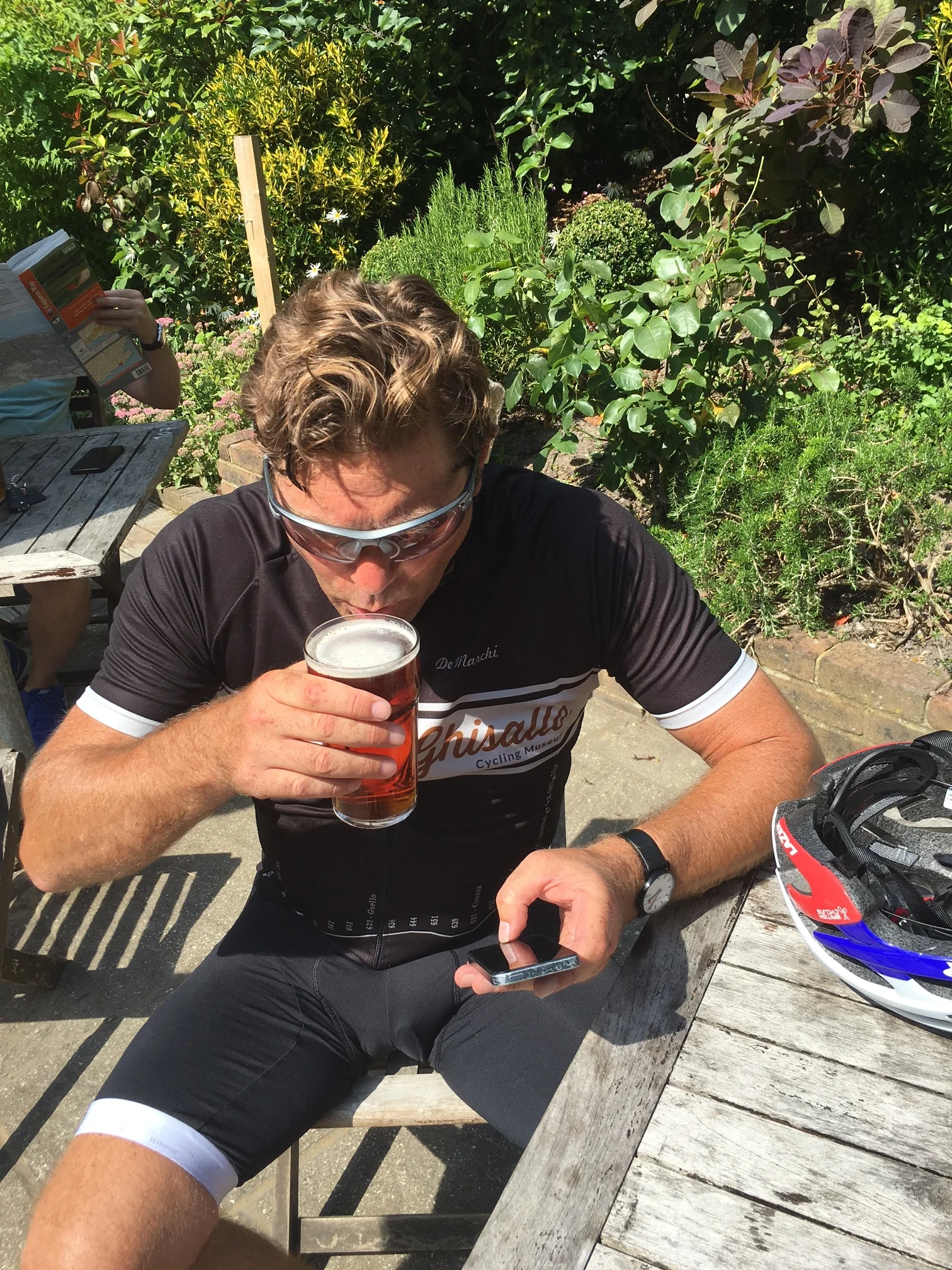When Colombian Lucho Herrera exploded onto the European cycling scene in 1985 by winning the Alpe d’Huez stage of the Tour de France, he forged a path for his fellow countrymen to follow. We all know about Rigoberto Uran, Esteban Chaves and this year, of course, Nairo Quintana won his second Grand Tour when he stormed to victory at the Vuelta.
But, as 43 year old David Guthrie, a keen amateur cyclist and runner, found out, Herrera's success was partly down to a little known Colombian secret. When Guthrie logged onto an obscure website about Colombian cycling, he was intrigued to stumble across an article, “The Food That Fuels Colombian Cycling.” Apparently Lucho Herrera would stuff his back pocket with ‘bocadillos’, little bars that contained the super fruit, guava, mixed with sugar and wrapped in a dried fruit leaf. In the days before energy gels, Lucho or ‘the little gardener’ as he was known, was using these to help power his way to win the Vuelta and five King of the Mountains jerseys over three Grand Tours. And apparently all the Colombian riders grew up on the stuff.
Colombian rider Ricardo Ovalle being fed bocadillo during the Vuelta a Colombia in the early 1960s
David became fixated about finding some for himself to fuel his own cycling ambitions but he couldn’t find it anywhere outside of Colombia until, “I met a Colombian waiter, by chance, serving as a barman at a party. I mentioned, did he know of bocadillo? Well as luck would have it, his mother had sent two boxes from Bogotá, that very week and he was happy for me to have one.”
Bocadillos
David found that they were every bit as good as he’d hoped for: “delicious, easy to eat and digest on the bike and gave you the required energy boost when called on. The general consensus of my fellow riders in my weekend chain gang was, we can’t go back to gels now!”
David Guthrie
Most people would probably, at this point, think about getting some bocadillos sent over from Colombia for their own personal use but David, “turned round to my slightly surprised wife and told her I had booked 3 weeks in Colombia. She was mildly unhappy about it to say the least.” Armed with a few words and phrases picked up on holidays in Spain he set about trying to source a supply so that we could all experience the benefits and flavour of this rather obscure little snack. He was going to import the stuff.
Over the next 10 days he travelled across the various states of Colombia visiting six different manufacturers. “Some were large multi nationals, some would not even let me through the door, as the neighbourhood was that rough and violent. A whole meeting was held through the grill of a door in South Bogota.”
On another occasion his driver was convinced that he was there to buy cocaine “as gringos were there for one reason and one reason only.” David invited him to join him for his meeting at the guava farm, “to dispel my narco-trafficking reputation. My driver was so overwhelmed that I was telling the truth and that I had even heard about this very Colombian product, let alone had travelled half way around the world, and was at that moment in once FARC held territory to buy Guava Bocadillo! He then insisted he would drive me everywhere for the following two weeks.”
David chose a Co-op of fair-trade farmers to supply him with the product he was after. “They are seriously good people and we are so happy that we have chosen this route! There’s a direct chain, straight back to the farmers, and when we have asked them to do something new [like our Guava & Coffee flavour] they have been happy to work with us and produce delicious, nutritional real food for sports people.”
The product itself remains authentic and natural. There are just two ingredients: 85% fruit and 15% sugar. Apart from tasting absolutely delicious – a jammy texture that melts in your mouth – it contains 25-30g of carbs, the equivalent calories of any gel pack but with all the vitamins and minerals you would expect from a super fruit like guava. Wrapped in a natural leaf that’s obviously biodegradable you need not worry about littering the countryside with artificial wrappers.
When it came to creating his brand of bocadillo, it was natural for David to want to celebrate Colombia’s cycling history by naming it Lucho Dillitos (“Little Luchos”) in honour of Lucho Herrera and his groundbreaking performances.
David says, “There are often solutions in the natural world that we’ve forgotten about or never even knew about that will fuel our rides and runs just as well as any manufactured, processed product. It just so happens the Colombians had it right under their very noses for years, and never told us!” Well, the secret is finally out. Ditch the yucky gels for some Lucho Dillitos.
You can buy Lucho Dillitos online from the Ride Velo Shop.


